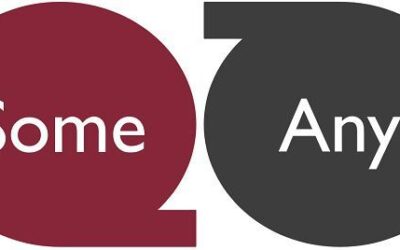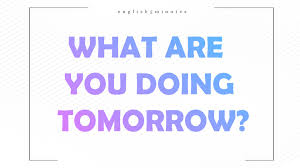Everyday grammar – to ‘wish’ or to ‘hope’?
We look at the differences between these two verbs, which are similar in sentiment, but have quite different applications.
Everyday grammar – ‘some’ or ‘any’?
It would be easy to explain the difference as ‘some’ being used in positive sentences, and ‘any’ being used in negative sentences. However, it’s not as simple as that…
This is how we say it – ‘next and last’ or ‘the next and the last’?
We look at the differences between ‘next’ and ‘the next’, and between ‘last’ and ‘the last’.
Everyday grammar – when we would say ‘would’
Here are six uses for the sometimes-troublesome little English word ‘would’…
This is how we say it – ‘have’ and ‘have got’
Learners of English should try to say ‘I’ve got’ more than ‘I have’ because, if you use it correctly, it will make your English sound much more natural. Read on…
This is how we say it – Using the Present Progressive (or Continuous) to talk about the future.
English speakers often use the present continuous tense (subject + ‘be’ = verb-ing) to talk about plans for the future.
Contact
Martin Burke
Tel: +44 (0)7970 101 977
Email: martinburke1@live.co.uk
English Master Language Tuition
Pera Business Park, Melton Mowbray,
Leicestershire, LE13 0PB
METHODS OF PAYMENT
I accept payments via Paypal, so you can be confident our payment methods are secure!







